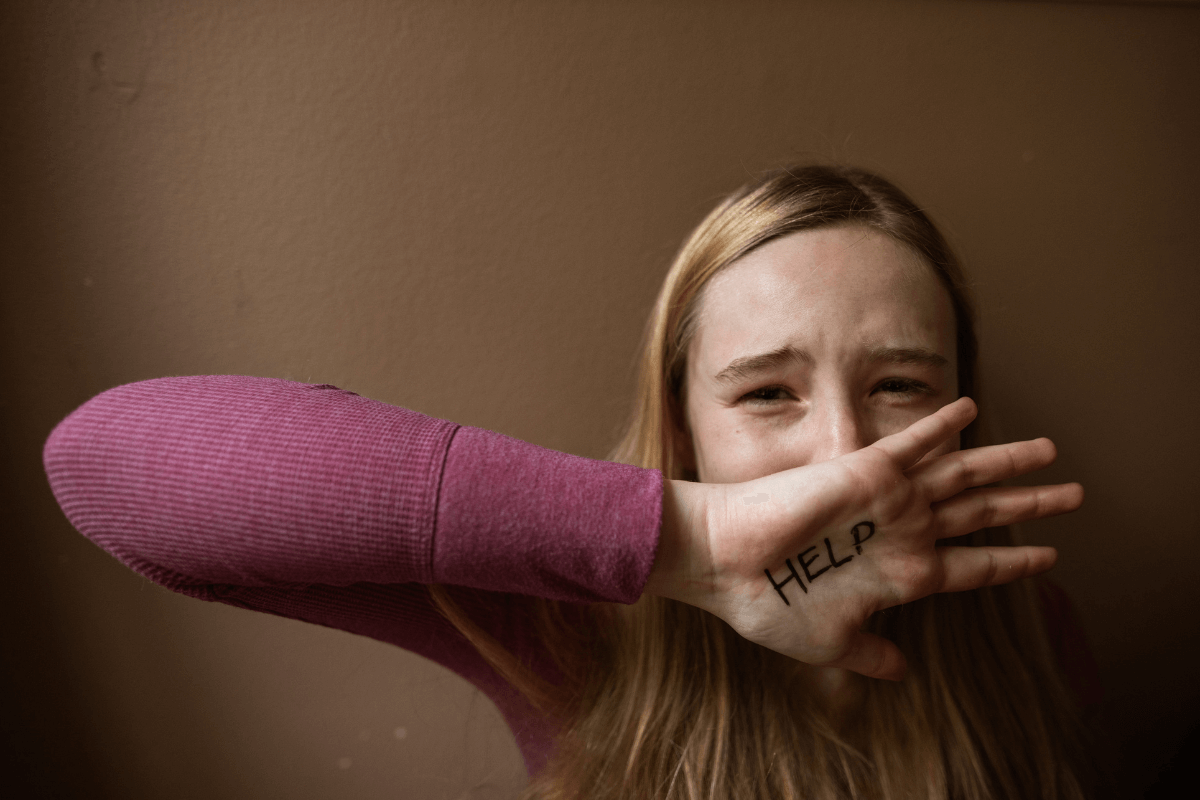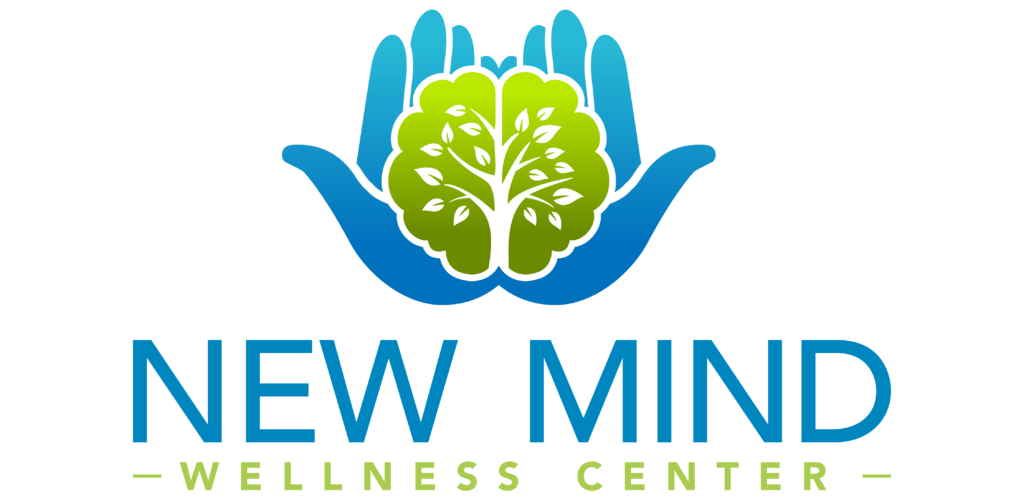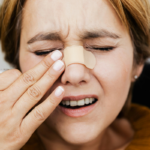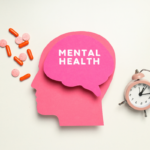
Can You Go to Rehab for Depression?
The impact of depression isn’t limited to psychological distress. It can also negatively impact your physical health, your progress in school or at work, and the quality of your friendships and romantic relationships. Treatment can make a world of difference, but it’s important to understand your options. For example, can you go to rehab for depression?
To learn more about Mental Health Treatment options at New Mind Wellness, call us today or verify your insurance online. We’re excited to help you start your personal recovery journey.
What Is Depression?
Depression can refer to several mental health conditions that involve symptoms such as persistent sadness, diminished energy, low motivation, difficulty focusing or concentrating, and abnormal sleep patterns.
The primary differences among most depressive disorders are when symptoms begin, how intense they become, and how long they last. For example:
- Major depressive disorder (MDD) is characterized by severe symptoms that are present most of the day, most days, for at least two consecutive weeks. People who have MDD may have multiple episodes like this, separated by periods during which no symptoms are present.
- Persistent depressive disorder (PDD): Previously referred to as dysthymia, this type of depressive disorder includes symptoms that are present more days than not for at least two years. PPD symptoms are usually less intense than MDD, though people who have this type of depression may also have major depressive episodes.
- Postpartum depression (PPD): The clinical term for this condition is major depressive disorder with peripartum onset. This means that a person will begin to experience symptoms while pregnant or shortly after giving birth. In addition to typical MDD symptoms, someone with postpartum depression may have believe they are an unfit parent, or even have thoughts of harming their newborn.
- Seasonal affective disorder (SAD): The clinical term for this form of depression is major depressive disorder with seasonal onset. People who have SAD only experience symptoms during a certain time of year. Most SAD cases involve symptoms that occur during autumn or winter months, then subside as the weather warms and the days get longer.
Can You Go to Rehab for Depression?
Discussions of rehab usually involve getting help for addictions to alcohol and other drugs. Which is why some people wonder, can you go to rehab for depression?
The good news is that yes, you can go to rehab for depression.
However, just as depression can refer to several disorders, the term rehab can encompass a range of treatment options. When you understand the differences among the various forms of rehab for depression, you’ll be better prepared to make the best decision for yourself or a loved one.
symptoms listed in the previous section, with the exception of those that are easily observable. This means that someone who is in the midst of a silent panic attack will not exhibit trembling, shakiness, excessive sweating, noticeable breathing problems, or flushing in the face.
As is also the case with standard panic attacks, the symptoms of silent panic attacks typically subside within about 10-20 minutes. However, the relative brevity of these symptoms doesn’t mean that they are easy to endure.
Even without external evidence of distress, silent panic attacks are still terrifying experiences that can cause a person to experience overwhelming fear, including the belief that they are having a heart attack and/or are about to die.
Levels of Care
When you go to rehab for depression, one of the first decisions will be determining which of the following levels of care are right for you:
- Inpatient: Inpatient rehab is a short-term service for people who have been experiencing debilitating symptoms. The general goal of inpatient rehab for depression is to help patients achieve stabilization, so that they can transfer to a less restrictive level of care or return home.
- Residential: As is also the case with inpatient treatment, patients who enter residential rehab for depression live at the center where they are receiving care. Residential rehabs typically offer a longer length of stay than inpatient programs do, so that patients have additional time to participate in multiple types of therapies and support services.
- Partial hospitalization program (PHP): In a PHP, patients usually take part in five or six hours of daily treatment, five days per week. In the evenings and on the weekends, patients can return to their homes or alternative supported residences. Similar to residential programming, many PHPs offer multiple therapies and support services.
- Intensive outpatient program (IOP): IOPs usually provide about three hours of treatment per day, with patients attending sessions two to five days per week. This allows them to retain a structured connection to clinical services while also having opportunities to work part-time, attend classes, and engage in other productive activities.
- Outpatient rehab: This level of depression rehab offers the greatest amount of flexibility, as patients can schedule sessions at whatever frequency is best for them. Outpatient rehab can be a valuable source of long-term support.

Types of Treatment
Rehab for depression often includes a combination of therapy and prescription medication. The specific elements that are included in your customized plan will depend on several factors, including the scope of your needs and which level of care you’re currently enrolled in.
Medication for depression often involves:
- Selective serotonin reuptake inhibitors (SSRIs), a category of antidepressants that includes paroxetine (Paxil) and escitalopram (Lexapro)
- Serotonin-norepinephrine reuptake inhibitors (SNRIs) such as venlafaxine (Effexor XR) desvenlafaxine (Pristiq), and duloxetine (Cymbalta)
- Atypical antidepressants such as trazadone (Desyrel) and bupropion (Wellbutrin)
Examples of therapies that are often offered in depression rehab include:
- Individual, group, and family therapy
- Cognitive behavioral therapy (CBT)
- Dialectical behavior therapy (DBT)
- Interpersonal therapy
- Psychodynamic therapy
- Red light therapy
- Holistic therapies
If a person’s struggles with depression are related to untreated trauma, they may also benefit from services such as eye movement desensitization and reprocessing (EMDR) therapy.
Benefits
The benefits that you receive from rehab for depression can be influenced by several factors, including the severity of your symptoms, the effort you put into treatment, and the quality of ongoing support that you receive.
In general, though, the potential advantages of entering a rehab program include:
- Knowing that you are not alone and that help is available
- Being assessed by a qualified professional and receiving an accurate diagnosis
- Following a customized treatment plan that reflects your unique needs and goals
- Getting personalized guidance and feedback from a team of experts
- Identifying and addressing the issues that may have contributed to your mental health struggles
- Sharing support with others who are also working to improve their mental health
- Understanding how to establish and maintain a strong personal support network
- Developing the skills and making the lifestyle changes that will empower you to manage your symptoms more effectively
- Connecting with peer-run groups and other services that can support your continued progress after you transition out of rehab
Find Depression Treatment in Philadelphia
New Mind Wellness provides personalized outpatient care for adults in the Philadelphia, PA, area who have depression and other mental health concerns.
Treatment options at our depression rehab include a PHP, an IOP, and an outpatient program. At each of these levels, you can expect to receive customized services and comprehensive support from a dynamic team of dedicated professionals. Working together, we can help you find your path toward a healthier and more satisfying future.
To learn more or to schedule a free consultation, please visit our Contact page or call us today.





